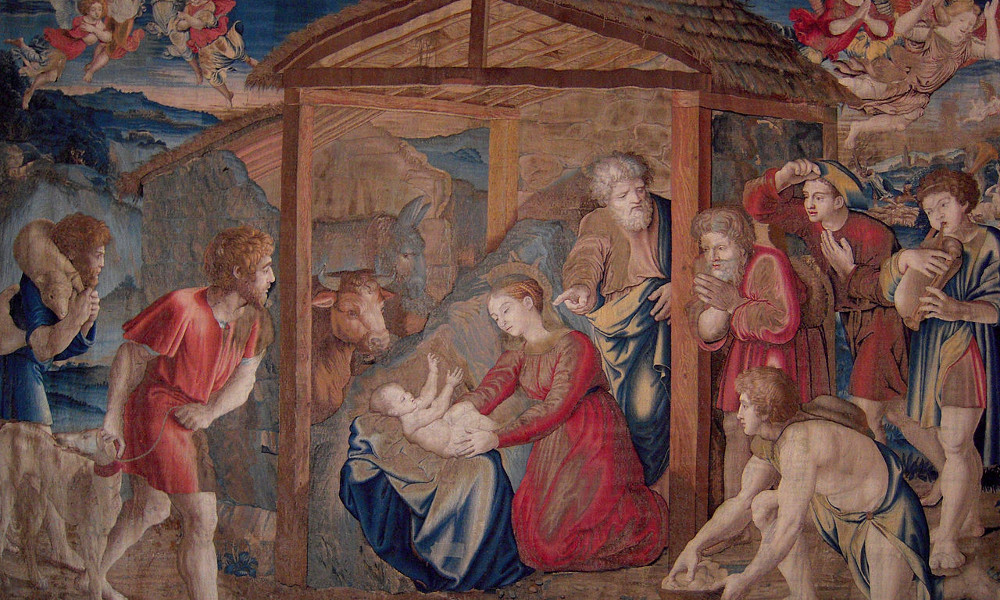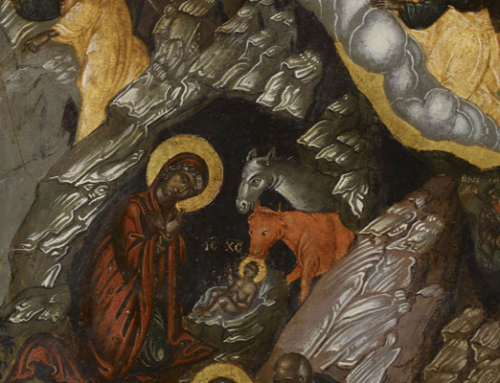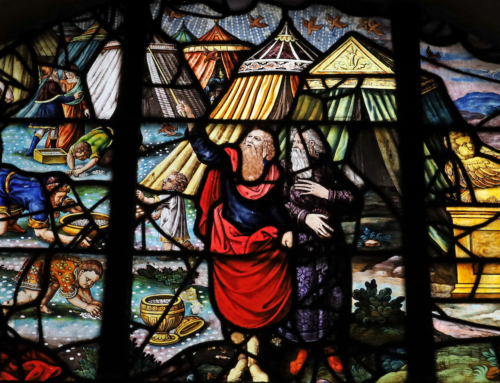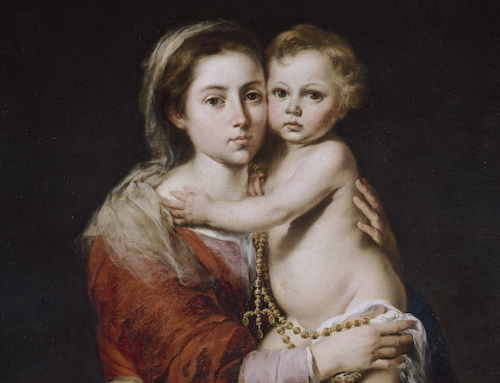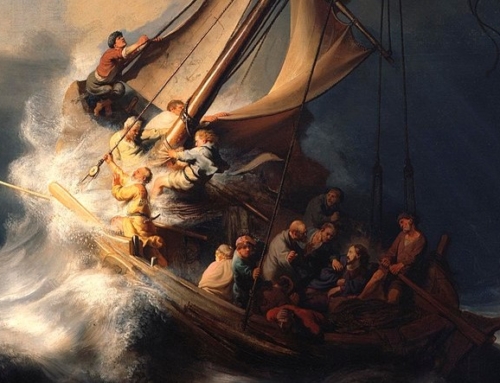Continuing our series on the O Antiphons, we come today to our final one. Widely known for its use (although paraphrased) as the title verse in “O Come, O Come Emmanuel,” it is used in the ultimate evening prayer of the Church before Christmas Eve.
O Emmanuel, our king and our lawgiver,
the hope of the nations and their Savior:
Come and save us, O Lord our God.
There is something rather distinctive about this prayer. Up until now, the antiphons have listed qualities of the coming Messiah. He will be the King of all Nations, Radiant Dawn, Key of David, Root of Jesse’s Stem, the Leader of the House of Israel, and the Wisdom of God. We have now been led to the simplest and most direct name, “Emmanuel,” “God-with-us.” The other antiphons have pointed towards this central reality. Now, we have it in fact.
While each of the other antiphons have in some way prayed for the Lord to come and save us, it is this one that describes its possibility. The object of our hoping is God himself. He, as our divine king and lawgiver, is the only one who could save us. It took divine action to bring us into communion with divinity. Through the Incarnation, God has come among us and provided the means for our salvation.
One important aspect to remember about the O Antiphons is that they are not solely prayers of one waiting for Christmas. They are prayers of those in need of a Divine Savior. This is why the Church has been praying these antiphons for well over 1,000 years. While the Savior has come once, we now pray that his salvific work will be applied to us today. Our faith in the truth about Christmas leads to our hope in its effects. These ancient antiphons end with a basic petition that Christians have always prayed, “come and save us.” We recognize our need for God to redeem us. With our knowledge that God has come among us, we know that this truth has the power to save.
✠
Image: Raphael, Adoration of the Shepherds

